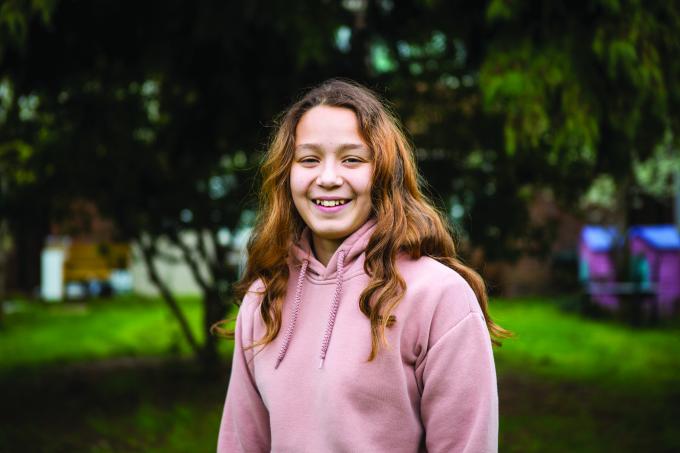Young people who grew up in the care system are around 2.5 times more likely to become pregnant compared with other teenagers. These young people face the challenge of transitioning to independent living, while also having to ensure the needs of their child are met.
As a group, care-experienced parents are at increased risk of isolation and loneliness, can find it difficult to access mental health support, and often face financial difficulties since they face the costs of raising a child often on a very low income. Many care-experienced parents also have a long-term mistrust of social care professionals which can make it difficult to ensure they are accessing the support they need.
The Care-experienced Parents Unite for Change report seeks to demonstrate the importance of improving support for care-experienced parents through research conducted by researchers with lived experience of care and parenthood.
As experts by lived experience, this approach demonstrates the importance of involving care-experienced parents in designing the solutions they need to feel better supported. Once the research was completed, peer researchers helped to identify areas to influence change and improvement, alongside sharing positive experiences and evidence of what works.
What have care-experienced parents told us?
I didn’t want my relationship with my kids to be like my relationship with my mother. Because I don’t have a relationship with my mother and I haven’t for a long, long time, but I think that was the most frightening thing as a parent it was kind of scary because I felt like I’d only known her parenting. So, I didn’t know anything else.
Peer researchers conducted 12 in-depth interviews. Participants included 11 care-experienced mothers and one care-experienced father, living in five locations across England. These young parents told us:
- Care-experienced parents do not receive good quality support during pregnancy.
- Care-experienced parents struggle to access an informal support community, similar to that which would be provided by an extended family.
- Professionals supporting care-experienced parents can feel judgemental rather than supportive.
- Care-experienced parents can feel stigmatised and discriminated against because of their care status.
- Care-experienced parents cannot access mental health and wellbeing services.
It was quite bad. I got moved into really inappropriate properties. My social worker just didn’t really check in on me. We didn’t really have a relationship. I was just kind of left if that makes sense. And I was fine with that at the time because I wasn’t really bothered. But looking back now, it could have been dangerous, if that makes sense. And I think I was just quite lucky that it didn’t go really bad.
What needs to happen next?
We need to listen to care-experienced parents’ experiences to improve the care system.
We believe these five recommendations for change would help local authorities and other public bodies to provide better support for care-experienced parents, and should form part of the implementation plan for the Independent Review of Children’s Social Care in England.
-
There should be an accessible family hub available in every area providing a one-stop shop where parents and prospective parents can go for advice and support.
-
Care-experienced parents should get support up to the age of 25 to build their own ‘village’ of informal support. This should include having access to family-finding support and ‘buddies’ or independent visitors.
-
All local authorities should develop policies on how they support care-experienced parents as part of their local leaving care offer.
-
More public bodies including the NHS and police forces should have a statutory responsibility to support children in care and care leavers. This would extend the role of being a ‘corporate parent’ beyond children’s services to include, for example, midwives and health visitors.
-
Care-experienced parents need to have access to mental health support. This should be a key consideration for new Integrated Care Boards as they develop their plans for children and young people’s services. There should also be a new role created for virtual mental health leads in every local authority whose job it would be to improve mental health services for children in care and care leavers.

Towards a better children’s social care system
We’ve been working with care-experienced young people, and gathering evidence from our services across the UK, to provide examples of what’s working well already, and what needs to change, to help make sure every child growing up in care has the best possible chance to thrive.

It takes a village: the case for family support in every community
Read our report, 'It takes a village' which makes the case for ensuring that all families have access to the ‘village’ it takes to raise a child and to keep them safe.

Young people leaving care
Leaving home is a challenge for everyone, but young people leaving care often do so without the support of a loving family.

